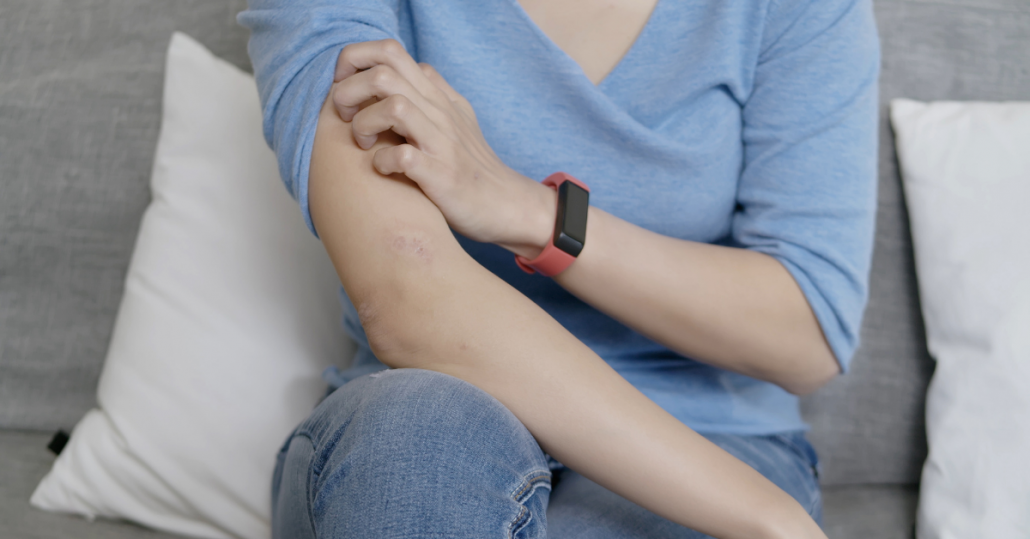Radiation is one of the best treatments we have in fighting and curing cancer. While modern radiation treatments have fewer side effects than their predecessors, treatments may still irritate the skin of radiation patients.
If you or a loved one are undergoing radiation treatments, there are ways to take care of the skin during and after treatment that will help avoid or alleviate negative side effects.
By observing the following suggestions and communicating closely with your cancer care team at SERO, together we can care for your skin during radiation.



